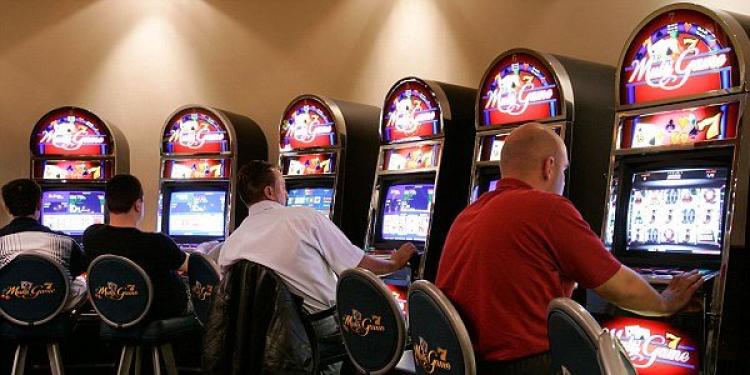FOBTs Plaguing UK’s High Streets Under Attack from Local Councils
Posted: November 28, 2014
Updated: June 4, 2017

93 of England’s local authorities are hell-bent on getting rid of illegal gambling shops sprouting up all over UK’s shopping streets.
One-third of England’s local authorities have come together in a joint effort to fight the agglomeration of gambling havens on popular shopping streets. The largest number ever of such a coalition would like to preserve the high streets including those in the poorer areas of the England.
The Newham council that heads the 93 local authorities’ coalition blames the overly admissive planning laws for fostering crime and anti-social behavior in the gambling havens. In order to stop the mushrooming of illegal casino-style gambling shops in the high streets, the coalition is betting on the Sustainable communities act.
Under the Act
The Act will give weight to ministers from different political parties to review this request to eradicate illegal betting shops. If the request is disfavored the government must reach some sort of compromise with the Local Government Association, through discussions.
Under the Act, the coalition can ask for a mandatory decrease of the stakes on slot machines from GBP 100 to GBP 2, per spin. Sean Woodward, the Tory executive leader of Fareham borough council claims that, by reducing the stake to GBP 2, this will help protect UK’s more fragile-minded citizens.
Currently, punters can also bet GBP 100 every 20 seconds on roulettes.
The coalition claims that just over the last two years between 2013- 2014 almost 10, 000 incidents in these betting shops related to gambling activities were reported. In these 9,308 cases the police had to intervene when bookmaking operators made 911 calls almost 200 times a week.
Poor UK gambling laws to blame
Of the over 33,000 fixed-odds betting terminals in the UK, known as FOBTs, almost half of these are in England’s poorer boroughs. This is a staggering amount compared to the scattered numbers found in the 115 richer parts of England.
• 93-member coalition formed to deplete gambling cluster in UK• Sustainable communities act to be used to lower the stake
• FOBTs implement ‘voluntary limit’ policy
Woodward feels that drug is related to gambling and that by reducing the amount of betting shops this would also decrease the use of crack and cocaine. He further claims that ‘Irresponsible gambling’ destroys people’s lives. Newham’s mayor, Sir Robin Wales, blames lax UK Gambling laws and the poor tribunal system for failing stop the growing number of betting shops on popular commercial streets.
British bookmakers fight back
The British Bookmakers Association has stood their ground firmly stating that one cannot, with all certainty, foresee that if the cost of spin is lowered to GBP 2 on gambling slots, it will reduce risky or dangerous behavior related to gambling.
The Association also said that the industry’s marketing strategy allows for a whopping 84% of gambling operators to be situated in highs streets because that is where the ‘demand is highest.”
It further points out though that there is a ‘voluntary code for FOBTs’ on the part of land-based and mobile casinos industry. Their staff intervenes to allow more breaks in play. This allows for the better part of bettors to stop gambling once they have attained ‘their voluntary limits’. The results are promising as that over the first half of 2014 there have been a 35% increase in ‘self-exclusions’.
License to spin
The shadow sports minister of the Labour party, Clive Efford, said that the government has approved the request for local governments to reduce the amount of betting machines in gambling shops. However, he is pessimistic as to how the Member of Parliaments can enforce high stake bettors to get licenses if they aren’t given legislative authority to do so.
Albeit, a spokesman for the Department of Culture, Media and Sport said he is confident that with the steps taken by the government, along with obligatory and stricter codes, then vulnerable gamblers can be stopped from betting on higher stakes which would otherwise be detrimental for them.












